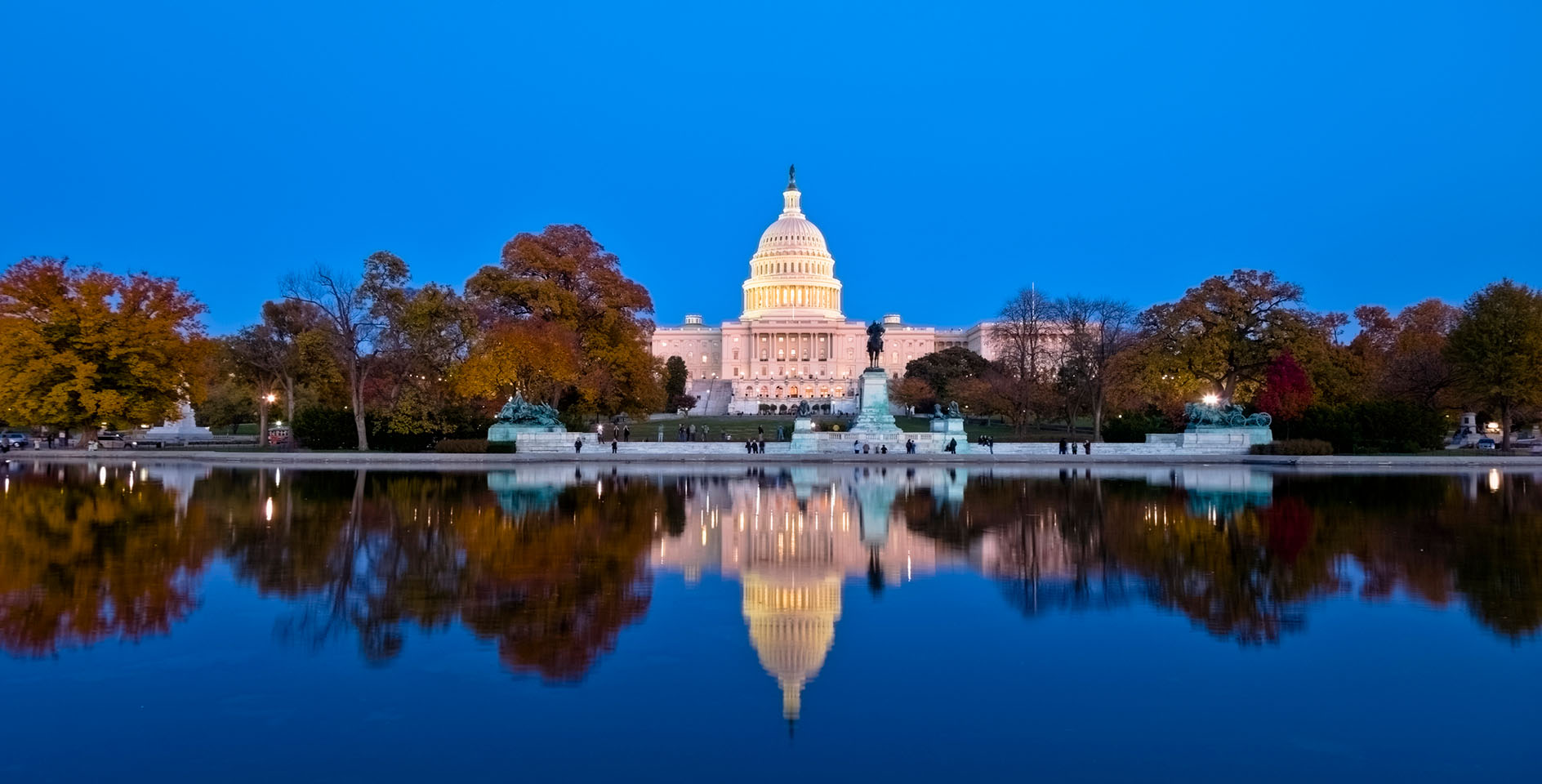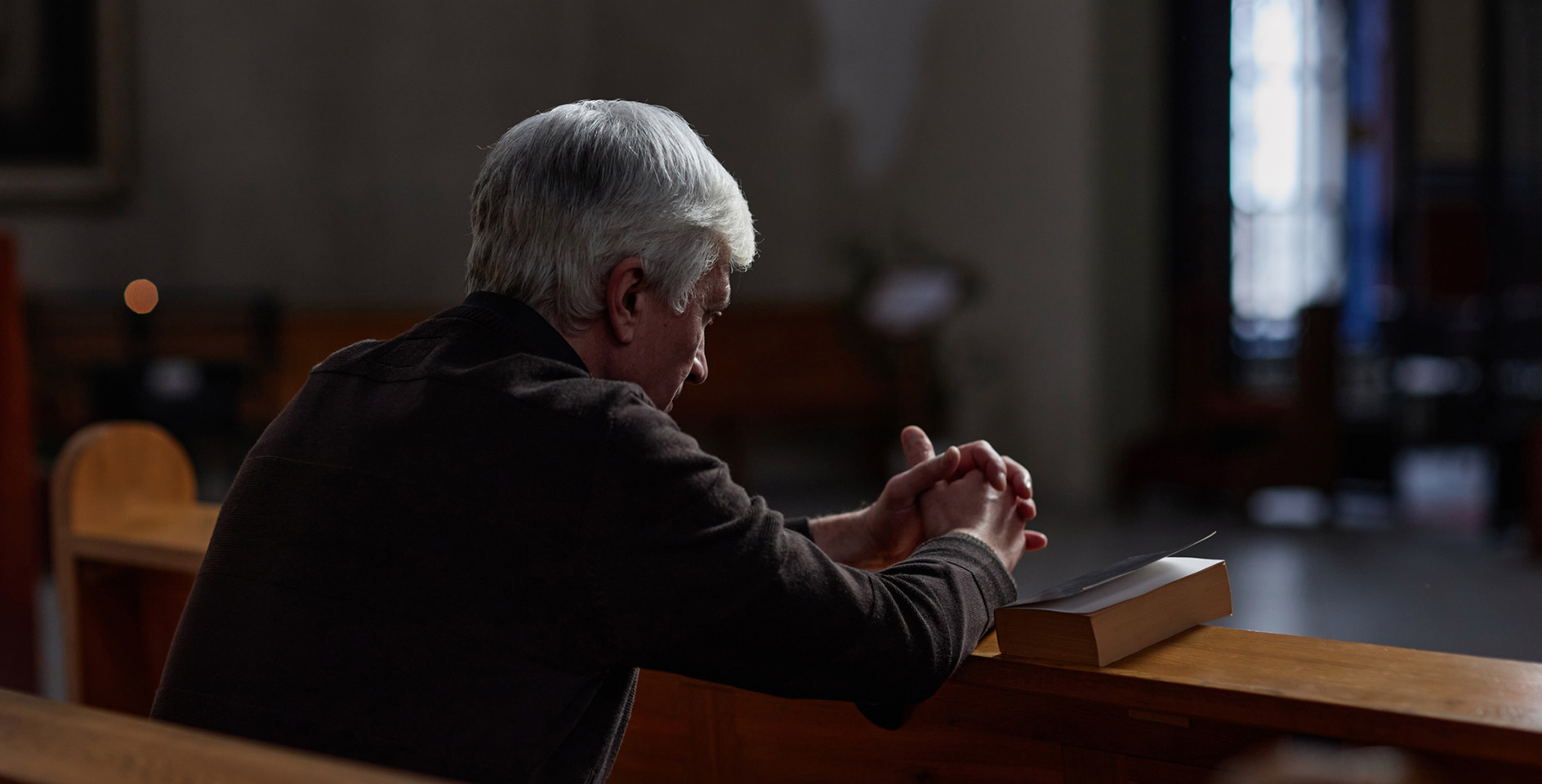The past forty years have witnessed two concurrent trends among American evangelicals. The first trend is a renewed emphasis on spiritual formation. Authors such as Richard Foster, Dallas Willard, Richard Lovelace, and Donald Whitney have called for evangelicals to pay greater attention to spiritual formation through embracing key spiritual disciplines such as prayer, fasting, Scripture meditation, and practicing hospitality. Often, though not always, the spiritual formation movement has called for evangelicals to engage Roman Catholic and Eastern Orthodox approaches to spiritual theology, though without abandoning core evangelical doctrines. It would be fair to say that the spiritual formation movement has often been overly privatized, focusing more on personal growth than public faith.
The second evangelical trend is a more intentional commitment to cultural engagement, especially in the political sphere. Groups such as the Moral Majority and Christian Coalition on the right and Sojourners and Evangelicals for Social Action on the left have called upon evangelical constituencies to consider their faith and values as they vote for particular candidates and support certain ballot initiatives. Countless parachurch ministries have mobilized evangelicals to defend particular issues such as the sanctity of human life and the dignity of traditional marriage and combat certain evils such as human sex trafficking and systemic poverty. It would be fair to say that often the importance of personal spiritual growth seems to take a backseat to public ventures among those strongly committed to evangelical cultural engagement.
Historian David Bebbington argues that evangelicals emphasize four primary distinctives: biblicalism, conversionism, crucicentrism (cross-centeredness), and activism. This Bebbington Quadrilateral, which has been widely adopted by scholars, is at least as much a description of baseline evangelical spirituality as it is a list of evangelical doctrines. Thus, we could argue that evangelical spirituality emphasizes the authority of the Bible, the work of Christ the Bible describes, the conversion that results from appropriating the work of Christ through faith and the activism that flows from this personal religious transformation. This essay is especially concerned with the latter.
Evangelical should continue to emphasize spiritual formation, but we must do so without succumbing to hyper-personal understandings of spirituality that have little to offer the surrounding culture. We should also continue to prioritize evangelical cultural engagement, but we must do so while avoiding the temptation to become little more than a particularly religious voting bloc or advocacy group that is part of some wider political or cultural agenda. Spirituality and cultural engagement should be intimately related as our public activism flows from our personal faith and localized faith communities. Church history provides us with some helpful examples to assist us as we navigate the best ways to intentionally wed spiritual formation and evangelical activism in our own context. One such example is the so-called Clapham Sect.
The Clapham Sect was a close-knit group of mostly upper class Anglican evangelicals who were active between 1790 and 1830. They were named for the London neighborhood in which most of them lived and worshiped. The best-known member of the Clapham Sect is William Wilberforce (17591833), the famous Parliamentary moral reformer who played a key role in bringing about the end of the transatlantic slave trade and, ultimately, slavery itself within the British Empire. Though at the center of the Clapham Sect, Wilberforce was surrounded by other socially conscious laypeople like the banker Henry Thornton (17601815), the scholar Granville Sharp (17351813) and the writer Hannah More (17451835), as well as influential clergy such as John Newton (17251807), John Venn (17591813) and Charles Simeon (17591836). What might be called Clapham Spirituality is a model for how contemporary evangelicals can thoughtfully and effectively combine the twin emphases of personal spiritual formation and faith-inspired social activism.
The Clapham Sect was serious about personal spiritual formation. As evangelicals within the Church of England, Wilberforce and his contemporaries were committed to several priorities that their more High Church colleagues considered Methodist (the label was not a compliment, but was more or less a synonym for fanatical). Every member of the Clapham Sect prioritized the importance of having a clear conversion experience that resulted in a personal relationship with Jesus Christ. According to Clapham Spirituality, one was not raised a Christian, but became a Christian when he or she repented of their sin and trusted in Jesus Christ as Lord and Savior. The only truly meaningful religious distinction was not Anglican versus Dissenter, but converted versus non-converted.
Clapham Spirituality acknowledged that conversion was not an end unto itself, but was the beginning of ones Christian journey. That journey was characterized by key spiritual disciplines that were tools used by the Holy Spirit to strengthen the faith and godliness of genuine believers. The most important personal disciplines were daily Bible study and prayerwhat modern evangelicals often call the daily quiet time. The most important corporate disciplines were family worship, which occurred daily in the home, and corporate worship, which occurred every Lords Day in the parish church, which for most members of the Clapham Sect was Holy Trinity Church in Clapham.
Members of the Clapham Sect modeled these spiritual priorities in their homes and private lives, but they also advocated them to the wider English public. In 1797, Wilberforce published his bestselling book A Practical View of the Prevailing Religious System of Professed Christians in the Higher and Middle Classes of This Country Contrasted With Real Christianity. This treatise was an apology for evangelical doctrine and spirituality over the sort of nominal, cultural faith that Wilberforce was convinced was dominant in the Church of England. Hannah More wrote numerous plays, short tracts, and even novels at the time a scandalous genre to promote evangelical piety and morality. She was one of the most popular authors in England. John Newton popularized evangelical spirituality through his hymns, the most famous of which became Amazing Grace.
The Clapham Sects commitment to personal spiritual formation helped to fuel the social activism that is commonly associated with Wilberforce and his contemporaries. The Clapham Sect is understandably most famous for its role in ending slavery, but it is important to understand that their anti-slavery motivations were grounded in their faith. Slavery was an abomination because every human being is created in Gods image. Aside from treating fellow humans as property, slavery promoted the worst sorts of vices: physical abuse, rape, separating families, malnourishment, etc. The crusade against slavery was a moral crusade born out of Clapham Spirituality.
In addition to combating slavery, the Clapham Sect was committed to pushing back against other social evils. The Society for Bettering the Condition and Increasing the Comforts of the Poor was an effort by wealthy Anglican evangelicals to alleviate poverty among the lower classes. The Royal Society for the Prevention of Cruelty to Animals, which Wilberforce and other Clapham Sect members joined, championed animal rights two centuries before the cause became politically correct. The Society for the Discharge and Relief of Persons Imprisoned for Small Debt, originally an evangelical initiative, sought to reform the oppressive practice of placing debtors in prison, effectively ending their wage-earning potential. Clapham Sect members also championed prison reform, education reform, healthcare reform and (in the case of some members) the abolition of capital punishment. Clapham Spirituality recognized that, for evangelicals, cultural influence was a matter of moral stewardship.
Clapham Spirituality was not only committed to what we might today call matters of social justice; it was also zealous for the spread the gospel to all people. The Clapham Sect started the British and Foreign Bible Society to make the Bible available to those who had little access to the Scriptures. The Church Missionary Society, also a Clapham initiative, was intended to train laymen to be evangelists in foreign nations under British control. Though it took a few years for the CMS to become viable, within a generation it was a vibrant evangelical mission society within the Church of England. The Society for the Suppression of Vice, which included heavy Clapham Sect involvement, was, among other priorities, committed to defending Sabbath observance so that unbelievers would attend worship services and be exposed to the gospel. The Clapham Sect also championed Sunday Schools as a key means of teaching literacy and evangelizing children and, hopefully, their parents. Clapham Spirituality championed both gospel advance and the pursuit of justice.
Contemporary evangelicals could use a healthy dose of Clapham Spirituality. Spiritual formation begins with conversion and is cultivated through personal and corporate spiritual disciplines. Spiritual formation includes faith-based activism that includes both the Great Commission to make disciples of all nations (Matt. 28:1920) and the Great Commandment to love the Lord and love our neighbors (Matt. 22:3640). As with the Clapham Sect, our spiritual transformation should inspire us to serve others through acts of mercy and clear gospel proclamation. We should leverage whatever public influence we might have for the sake of pursuing shalom, especially among our most needy and/or defenseless neighbors. We should pour ourselves out in sharing the good news of Jesus Christ here, there and everywhere. Like Wilberforce and his colleagues, we should not be afraid to champion personal holiness and civic virtue, public justice and gospel advance. A revival of Clapham Spirituality offers a fruitful way forward for evangelicals committed to engaging the culture as evangelicals.









